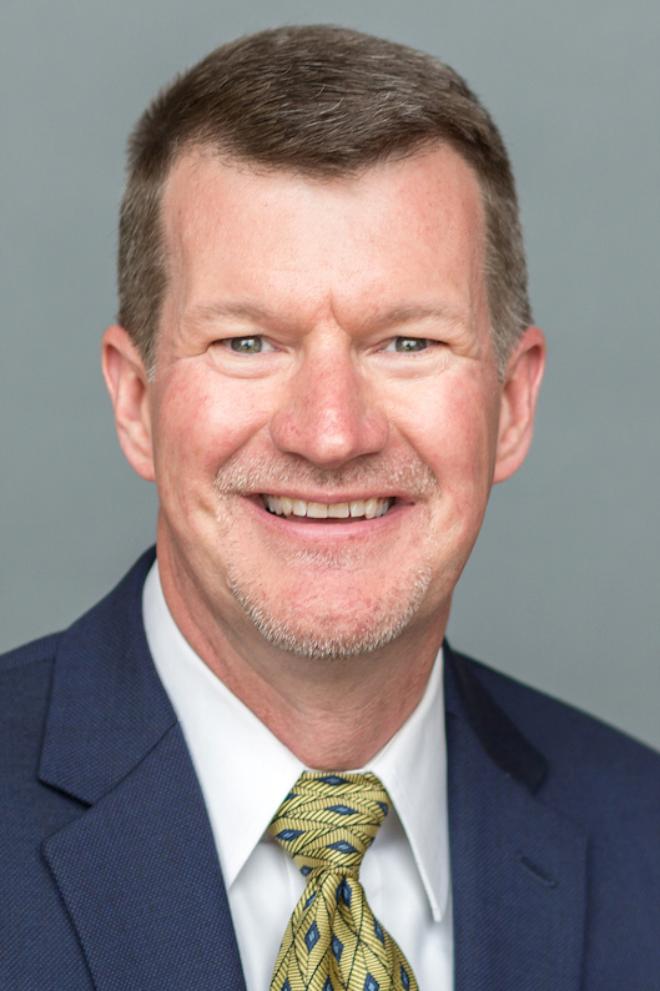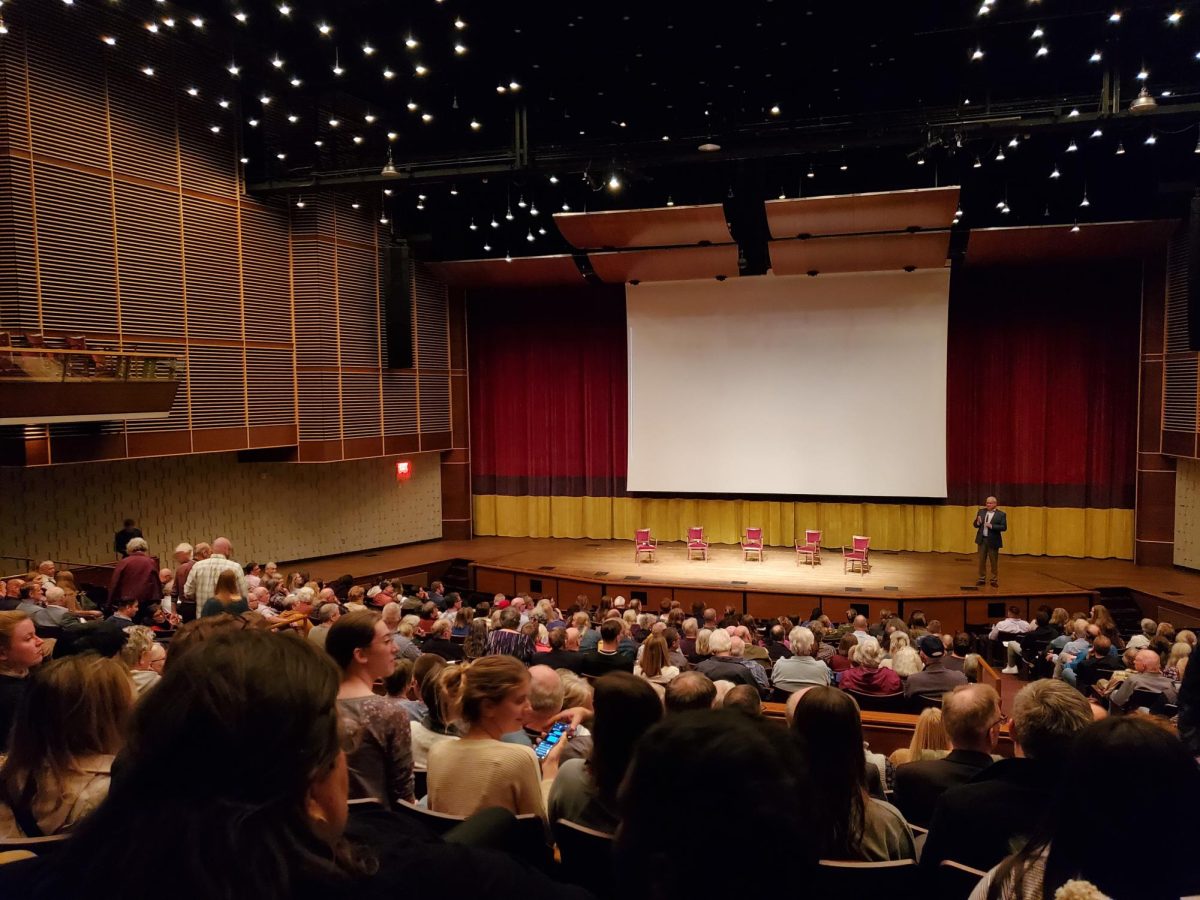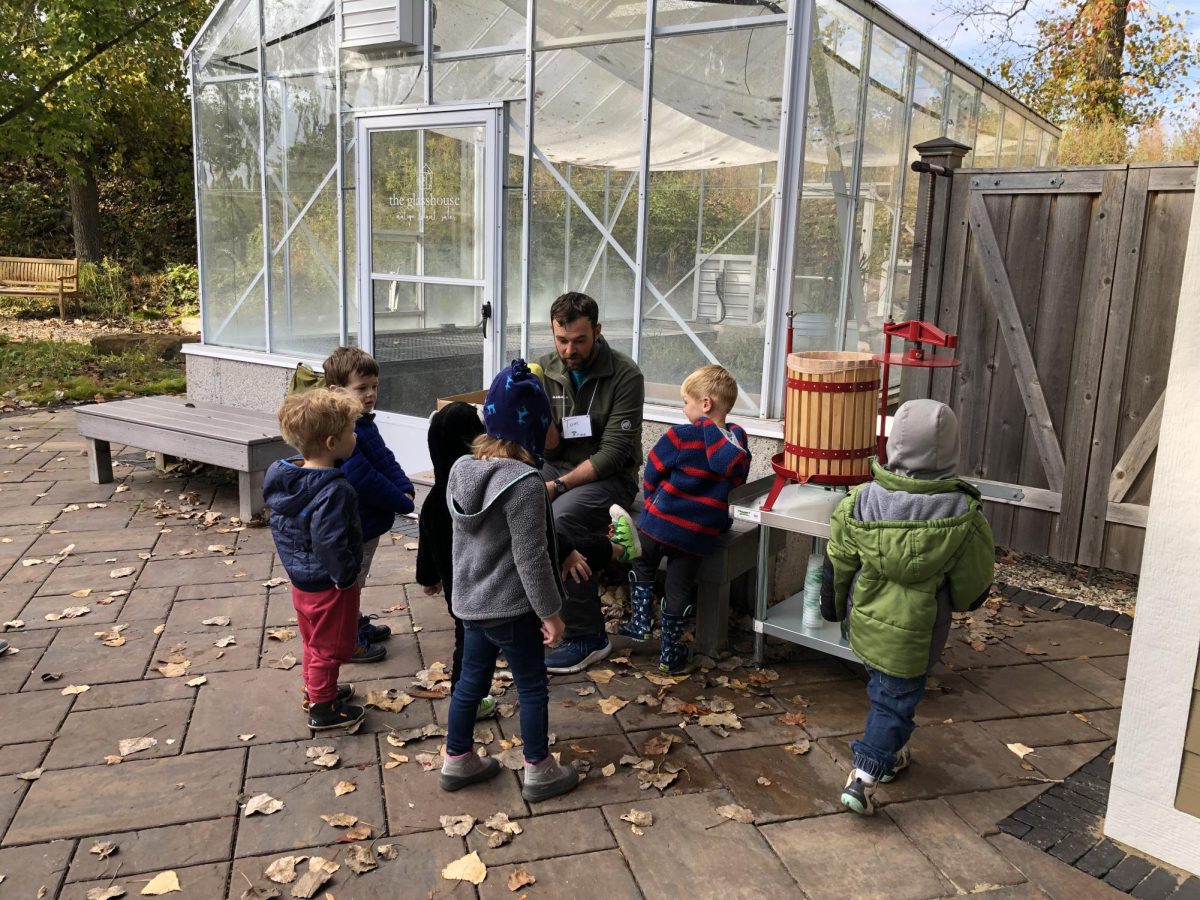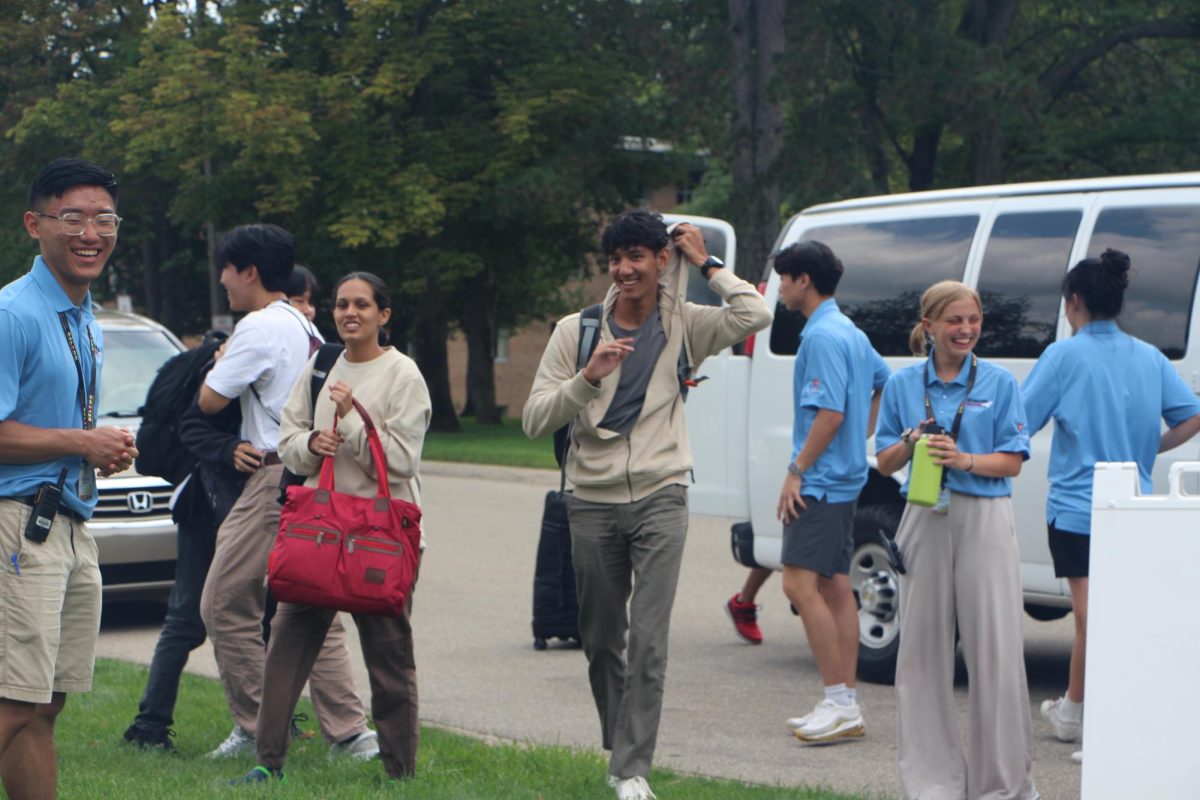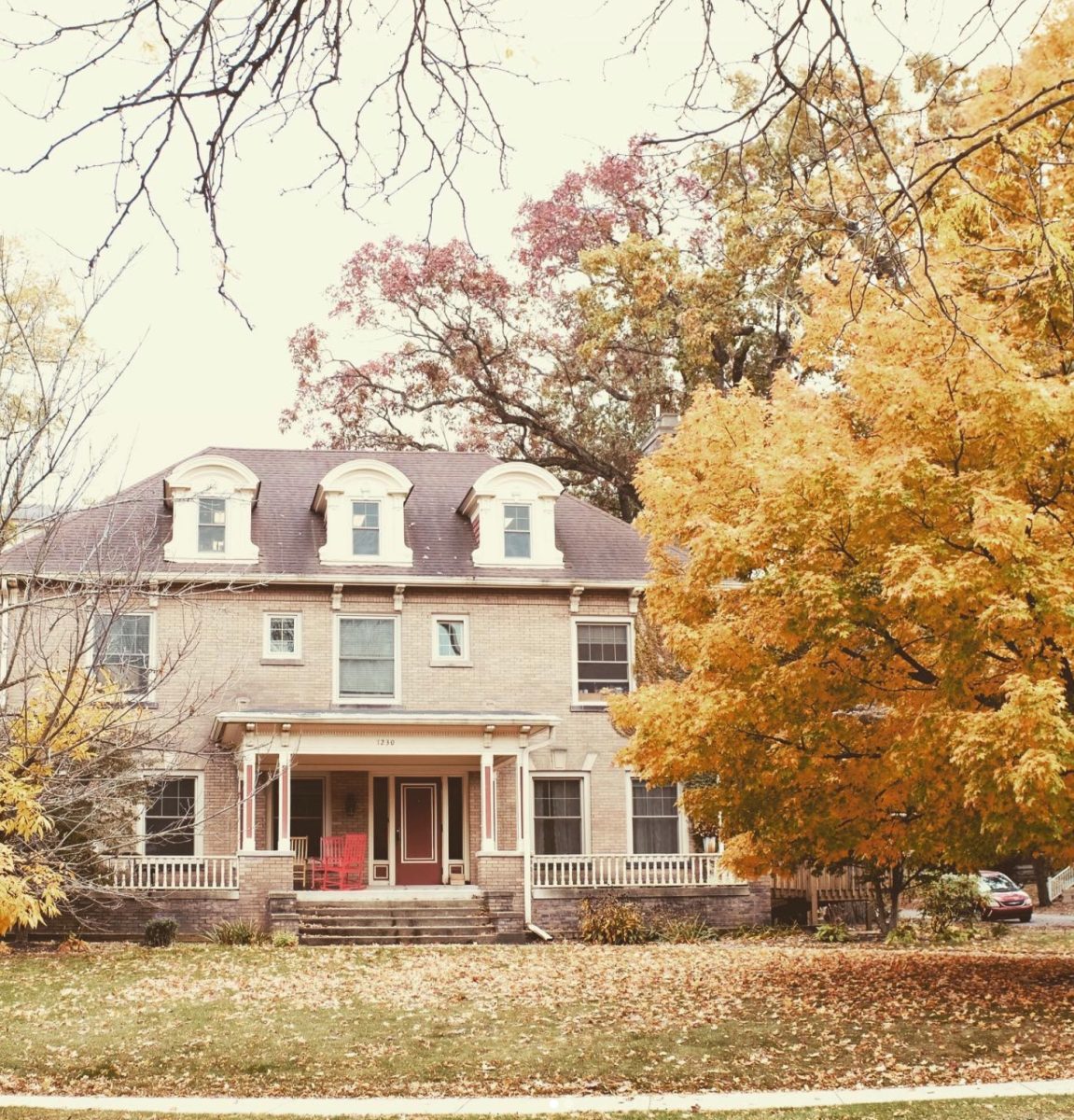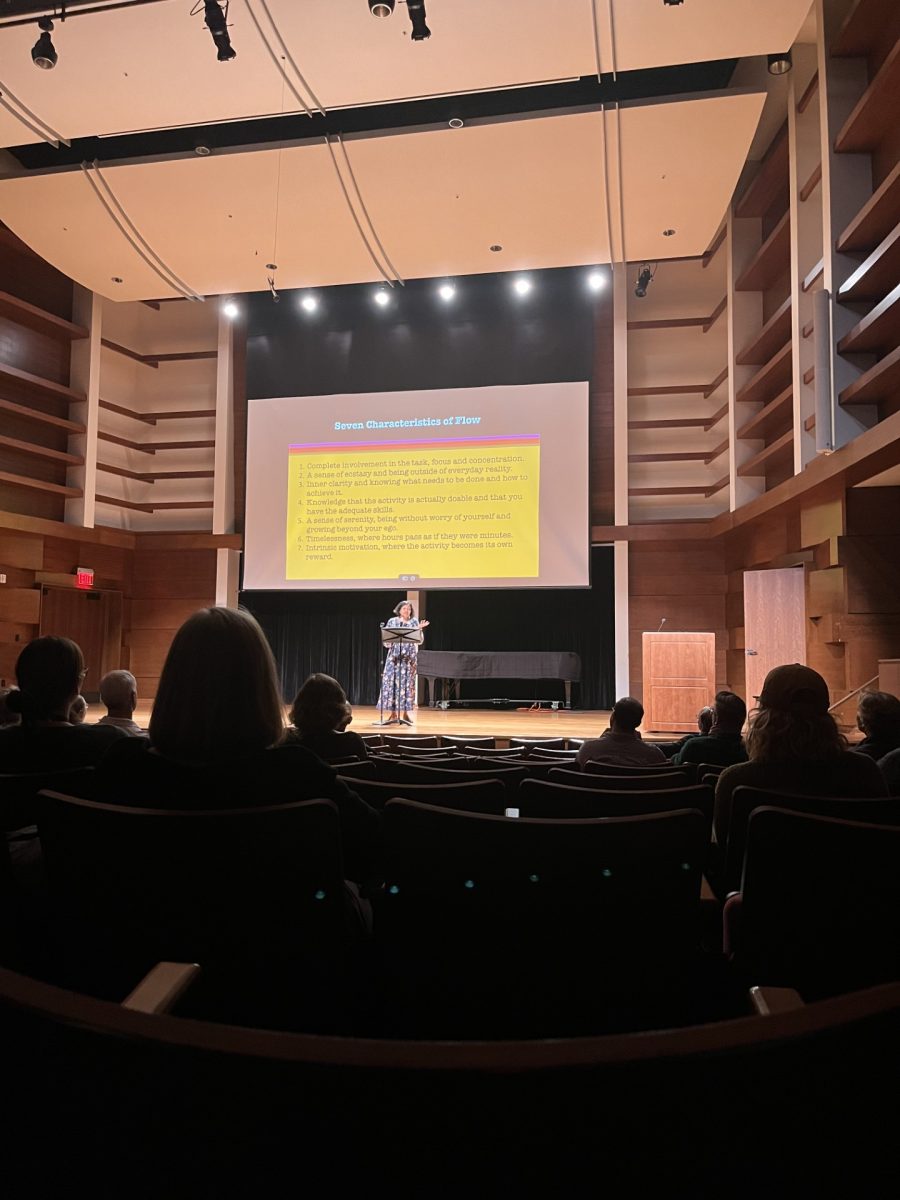Everyday I act based on the assumption that I will be able to return to my home. Every time I drive to Calvin, work or a friend’s house, I do so with the understanding that I will be able to return my car to my garage.
When I decide that I would rather eat a homecooked meal than at Knollcrest or Commons, I have the option of joining my parents for a freshly made lunch or dinner.
My home, beyond granting me material comforts, provides me with a place that I assume will keep me safe, warm during the winter months and filled with family members who share my language, cultural understanding and religious tradition.
I am tremendously fortunate to have all of the benefits of a home, yet I find myself taking these benefits for granted while there are millions of individuals across the globe who can’t go home.
The United Nations High Commissioner for Refugees (UNHCR) estimates that 16 million people currently hold a refugee status globally. Refugee status is defined as someone who has been forced to flee his or her country because of persecution, war or violence.
Refugees typically flee their home countries due a well-founded fear that their particular race, religion, nationality or political opinions will mark them as potential targets, especially during a time of conflict between different ethnic, tribal or religious groups.
These people lack something so fundamental to human existence as feeling safe in their own home.
Perhaps even more disheartening is that the global refugee crisis does not seem to be getting better. Except for North America and Australia, each continent holds one or more major refugee-producing country, meaning that the refugee crisis continues to be truly international in scope.
Adding to the ongoing conflict present in the top five highest refugee-producing countries (Afghanistan, Iraq, Somalia, the Dominican Republic of the Congo and Myanmar) are recent conflicts that have risen in countries such as Mali and Syria.
According to the UNHCR, the combination of ongoing and newly created conflicts caused the annual refugee production rate to increase to the point that a new refugee is produced approximately every four seconds.
Once a refugee has escaped the conflict present in his or her home country, their journey to create a new home does not become much easier.
Many refugees must start their new life in their host countries completely devoid of material possessions, knowledge of the language in their host country, a support network of friends and family or even people from a similar ethnic background.
In the U.S., 10 national agencies known as “volags” provide refugees with basic resources and services such as food, housing, clothing, employment, counseling and medical care for up to 90 days, but afterwards the refugee is on his or her own to pass the citizenship test, find a more permanent place of residence and employment.
Everyday, refugees have to relearn how major institutions such as government and school function, and must adjust to an entirely new culture.
For a refugee, learning the language of their host country is of the utmost importance so that they may perform the basic tasks of reading and writing and to attain higher paying jobs. Some refugees with advanced degrees in fields such as engineering, computer work or medicine will often find themselves searching for low-income jobs due to the language barrier.
As a student at Calvin, I struggled immensely to learn Spanish over a long period of time in a college classroom; I can only imagine how difficult it must be for a refugee to find the time to become proficient in a new language while working long hours and, in some cases, taking care of a family.
As a college student, I look at the global refugee crisis and understand how one could find it overwhelming. It would be easy to say, “what could I possibly do to help? I can barely keep up with my classes!” and walk away without giving the matter a second thought.
While I understand why someone might be intimidated by an issue like the global refugee crisis, I encourage a feeling of hope instead.
Susan Kragt, the executive director of the West Michigan Refugee Education and Cultural Center (WMRECC), an organization designed to help refugees in West Michigan learn language and cultural skills, says that anyone who wants to combat the global refugee crisis can do “two things: learn something and do something.”
According to Kragt, Grand Rapids “is a place with such a rich history of welcoming refugees. I think a lot of it is because many folks in the area of a real connectedness to their family’s immigration story.”
Each year 3,000 refugees choose to resettle in Michigan and 600 of these resettle in Grand Rapids. The reason that a relatively large number of refugees choose Grand Rapids is its perceived welcoming attitude as well as its support network of government and non-profit organizations such as WMRECC, Literacy Center of West Michigan, Bethany Christian Services and Lutheran Social Services of West Michigan. Given its rich refugee community and support network, Grand Rapids holds ample opportunity to “learn something and do something” in regard to refugees.
Taking the time to follow the news regarding a large refugee-producing country or attending an event like Calvin’s recent play “Grains of Hope,” which presented the narratives of many refugees who came to West Michigan, does much to increase one’s awareness and understanding of the state of refugees.
Volunteering as an English tutor for an organization such as WMRECC once a week, serving part-time in a resettlement agency, helping a refugee family move into their home or finding work all are ways that one can do their part to combat the global refugee crisis.
As someone who worked at WMRECC this summer, I have found working with refugee students a challenging but immensely rewarding experience.
Everyday I read or wrote with my students, brought them on tours of museums, businesses and college campuses around Grand Rapids, or attempted to keep up with them in a game of soccer.
And yet, as much as they have learned a few skills from me, I think I learned far more from them by simply listening to each of their fascinating tales of resettlement.
Even if you find yourself unable to spend the time or energy to learn more about refugees or volunteer for a non-profit like WMRECC, everyone can take the time to simply talk with a refugee and ask about their story.
This simple act of showing care for one’s situation might not reduce the number of refugees being produced each year, but it will help bring someone closer to that vital feeling of being at home.





